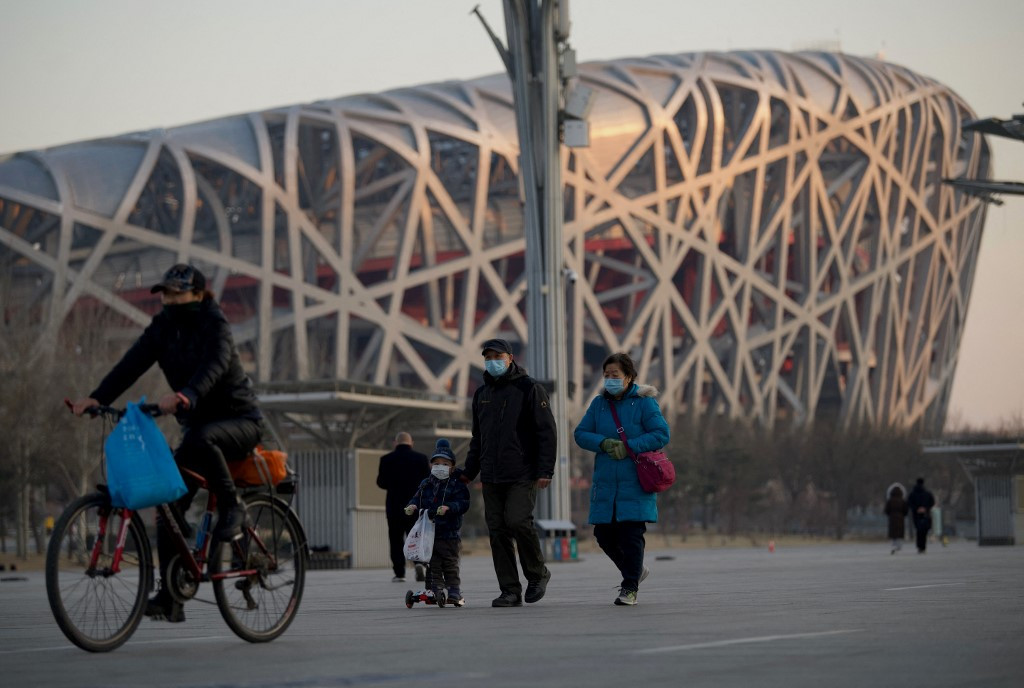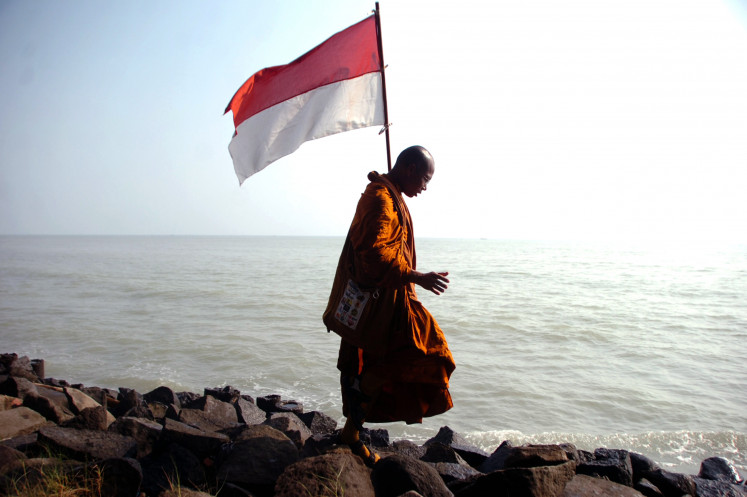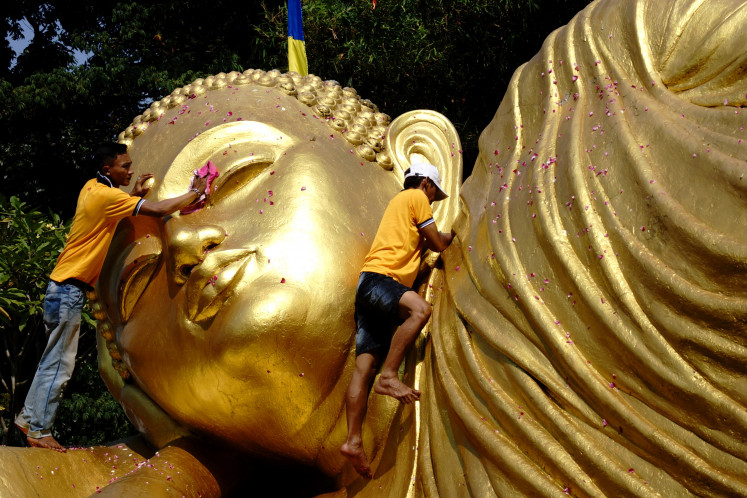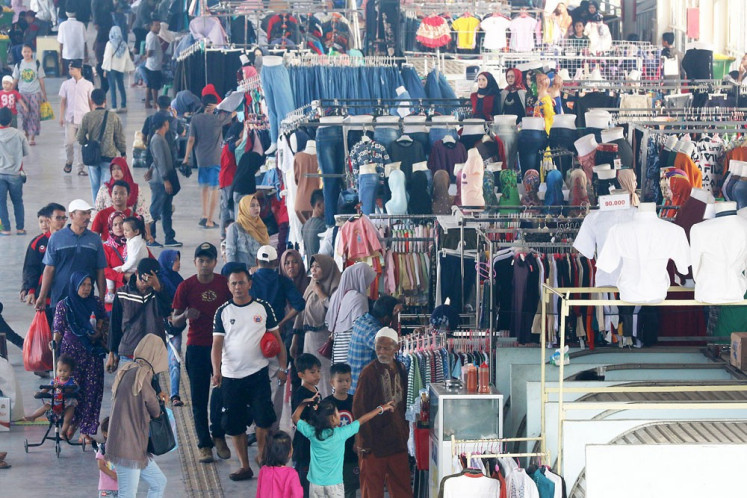Hot Winter Games
The show will go on, and as one International Olympic Committee (IOC) official has said, the success of the 2022 Winter Olympics will not depend on the presence of dignitaries.
Change text size
Gift Premium Articles
to Anyone
 People walk past the Bird’s Nest stadium, the venue for the opening and closing ceremonies of the 2022 Winter Olympics, in Beijing on Feb. 4, 2021, a year before the opening of the Games. (AFP/Noel Cellis)
People walk past the Bird’s Nest stadium, the venue for the opening and closing ceremonies of the 2022 Winter Olympics, in Beijing on Feb. 4, 2021, a year before the opening of the Games. (AFP/Noel Cellis)
F
ewer foreign government officials than usual are likely to watch the 2022 Beijing Winter Olympics in person. This is partially because of stringent COVID-19 protocols and partially because of a United States-led diplomatic boycott of the February event that has heated up geopolitical tensions. The move bodes ill for the Olympic movement, which promotes peace, solidarity and friendship through sports.
China has said the US and company will “pay the price for their wrong moves”, and Beijing may retaliate when Western countries host the Olympics, possibly during the 2028 Los Angeles Olympics or the 2032 Brisbane Olympics.
Amid an increasingly Cold War-like global power rivalry, the US announced earlier this month that it had decided not to send an official delegation to the Beijing Games, citing concerns about China's human rights record. The United Kingdom, Australia and Canada followed suit, and recently, Lithuania joined the boycott.
Whether the movement will gain more traction remains to be seen, but France and most other European Union members, as well as South Korea, a close US Asian ally, have made it clear they will not participate in the US boycott.
Despite the political tensions, the athletes will continue to chase their Olympic dreams. The show will go on, and as one International Olympic Committee (IOC) official has said, the success of the Winter Games will not depend on the presence of dignitaries; it is the participation of the athletes that matters the most.
Similar withdrawals have dotted the 125 year history of the Olympics. There were attempts to boycott the 1936 Berlin Olympics, also known as the “Nazi Olympics”, but the efforts had little success.
The biggest boycott came during the 1980 Olympics in Moscow, when 67 nations withdrew from the Summer Games, at least 45 of them as a result of a US-led protest of the Soviet Union’s invasion of Afghanistan. China jumped on the bandwagon at that time.
Four years later, the Soviet Union and 13 other countries declined to participate in the Los Angeles Olympics, citing safety concerns.
The world relished the boycott-free 2008 Summer Games in Beijing and the 2014 Winter Games in Sochi, Russia, hoping the two events would mark an end to political intervention in the Olympics, but the current developments have dashed those hopes.
Many share the IOC’s concern about politics undermining the Olympic spirit. French sports minister Jean-Michel Blanquer, in rejecting the US’ diplomatic boycott, was right when calling for separation between sports and politics.
“Sports is a world apart that needs to be protected from political interference. If not, things can get out of control, and it could end up killing all of the competitions,” he told The Guardian.
Being a tropical country, Indonesia will not take part in the Winter Olympics. In fact, it never has. Nor has it participated in any Olympic boycott, partially because of its “free and active” foreign policy.
The IOC has established a clear demarcation between sports and politics, forbidding participating athletes from expressing political views during the Games. Instead of bringing about political changes, boycotts will only lead to further division.










